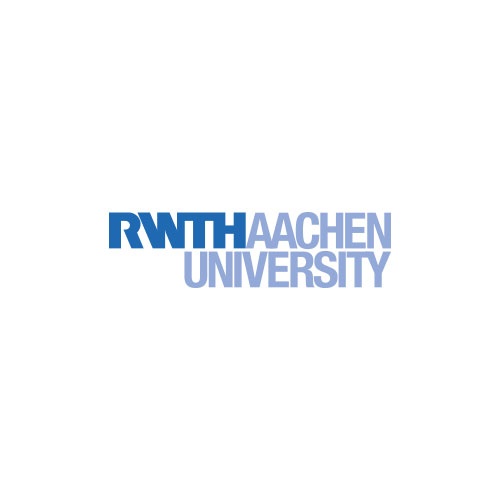RWTH Aachen Unveils Innovative AI Tool for Enhanced Research and Development
RWTH introduces its own AI tool for employees, positioning itself as a pioneer in the use of artificial intelligence across teaching, research, and operations. RWTHgpt, powered by Microsoft’s Azure OpenAI Service, leverages Open AI’s generative AI technologies from the Microsoft Azure Cloud, including the latest and fastest multimodal chatbot solution from OpenAI: ChatGPT-4o.
“We customized the tool’s functions to meet our specific needs, and that’s a unique selling point”, explains Dr. Malte Persike, Scientific Director of RWTH’s Center for Teaching and Learning Services and project lead along with the University’s IT Center. “Generative AI has already fundamentally changed the way we work in research, teaching, and administration. Providing these AI systems to our University members is a significant step in maintaining RWTH’s leadership in technological advancement for the long term,” says RWTH Rector Ulrich Rüdiger.
“The key advantage of our solution is its flexibility, allowing us to integrate other language models in the future,” emphasizes Professor Matthias Müller, Director of RWTH’s IT Center. RWTHgpt is designed for versatile use across the University, from creating innovative teaching and learning scenarios to streamlining daily application and document processing. “We have a powerful tool capable of processing and generating a vast range of documents in various formats,” explains Persike. The rollout of the new tool will be supported by new training courses that cover its use in teaching, learning, assessment, and university administration.
The development of RWTHgpt had a particular focus on data protection and involved close collaboration with Microsoft and numerous experts from RWTH on this issue. Data protection and co-determination were prioritized from the beginning. “We have taken these aspects very seriously right from the outset,” emphasizes Persike. When using RWTHgpt, only the requests, so-called prompts, are transferred to the cloud, that is, the texts entered by the users to initiate a conversation with ChatGPT. Personal data is not sent along and it is excluded that this input is used for further AI training. “Artificial Intelligence is the key technology of our time. In our development of AI applications, ensuring the security and protection of our customers’ data is our top priority,” says Alexander Britz, Public Sector Lead at Microsoft Germany. “Microsoft plays a key role in the digital ecosystem, which comes with a special responsibility to gain and maintain trust.”
RWTH is also mindful of the resource consumption associated with the use of AI, as every application of AI technology consumes energy. “It is important to raise awareness of the energy consumption of large language models and to promote the responsible use of AI resources,” says Katharina Jochim, Head of the Sustainability and University Governance Staff Unit. While the AI tool is intended to assist University employees, it is also important to be aware of the energy consumption involved.

